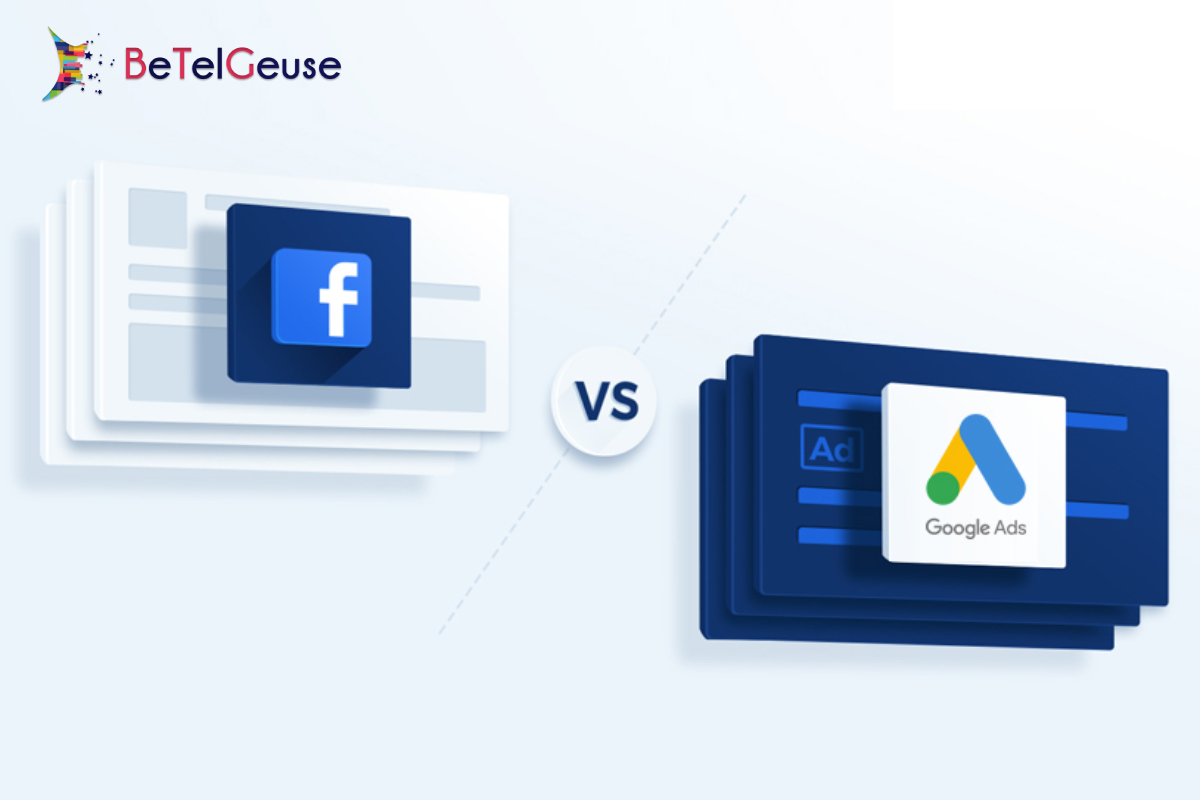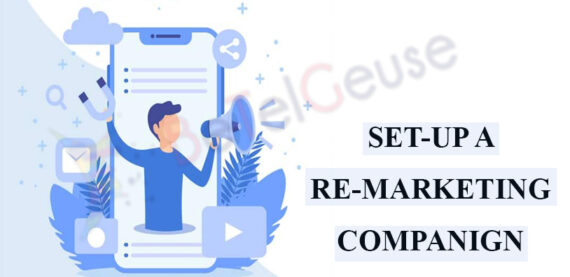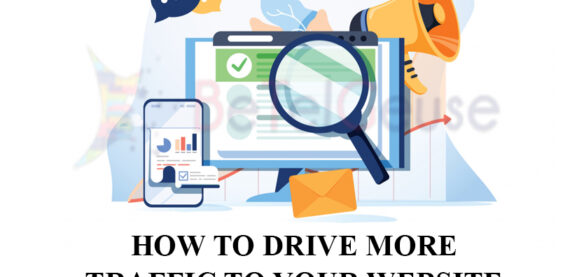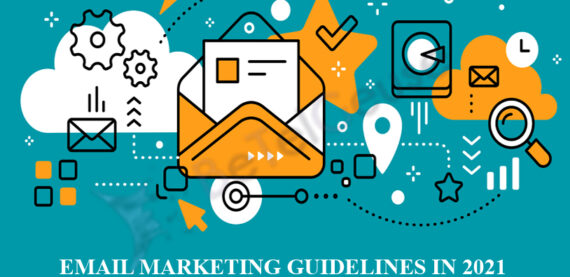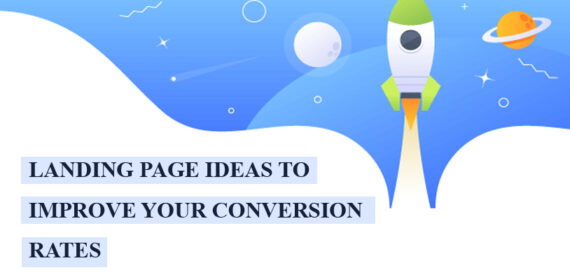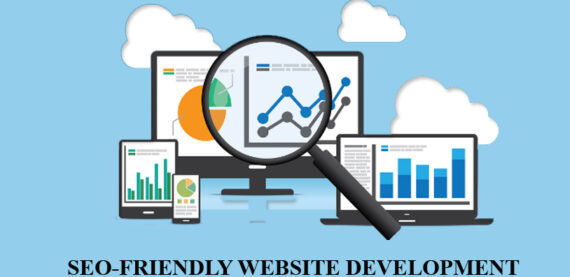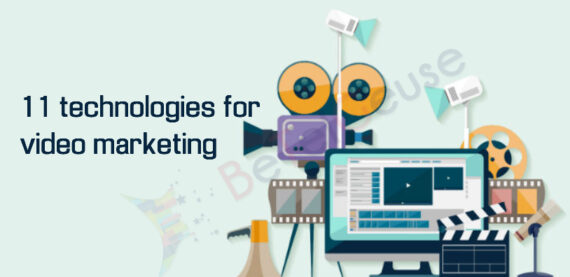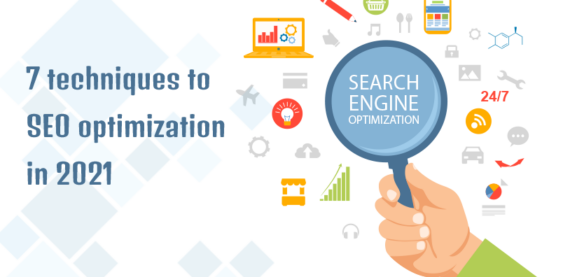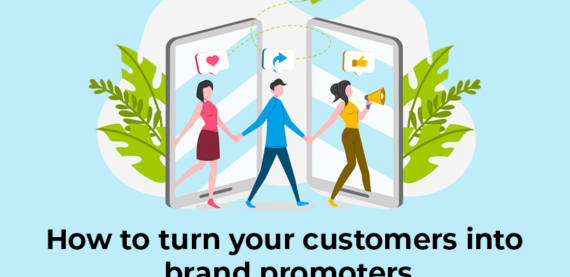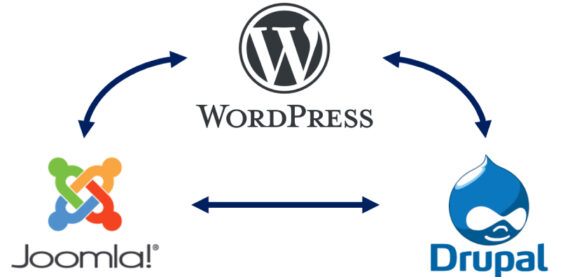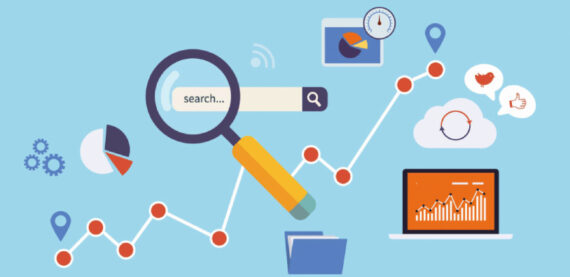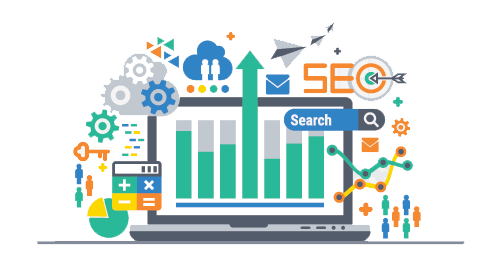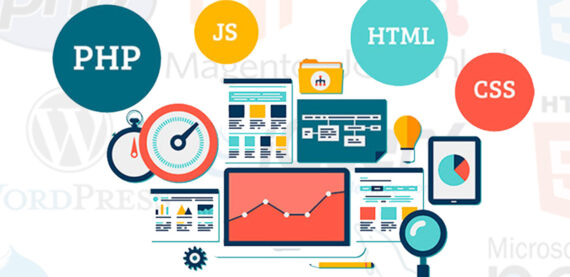Until recently, many advertisers viewed Google Ad-Words and Facebook Ads in an adversarial way. The two companies’ outstanding-standing rivalry, often dramatized by technology media outlets, was taken as irrefutable evidence that the two platforms were in direct competition with one another, and that businesses of all sizes needed to make a difficult decision about which platform was correct for their needs; a false dichotomy that remains confusing and misleading to those new to online advertising.
Although the two best platforms are often positioned as competitors, nothing could be further from the truth in a practical sense. Many of the businesses are leveraging the strengths of advertising on Google and Facebook Ads in concert to achieve maximum visibility, increase leads and sales, and find new customers, adopting different strategies that align with the functionality of each platform and seeing the remarkable return on their advertising spend.
In this guide, we’ll examine what sets Google Ad-Words and Facebook Ads apart, how the two ad platforms work, and why you should consider using both as part of your wider digital marketing strategy.
What Are The Differences Between Google Ad-Words and Facebook Ads?
Before we look at the various strengths and features of Google Ad Words and Facebook Ads, it’s crucial to understand the primary difference between the two ad platforms.
Google AdWords: Paid Search
Google AdWords is the world’s largest and most popular PPC advertising platform. AdWords is so worldwide used, it has become synonymous with the term “paid search.” The both terms are used correspondently, even though other platforms such as Bing Ads work similarly.
Facebook Ads: Paid Social
Facebook Ads is a prime example of what is known as “paid social,” or the practice of advertising on social networks. With the largest number of monthly active users (or MAUs) of any social network in the world, Facebook has become a highly competitive and potentially lucrative element of many businesses’ digital advertising strategies.
Key Facebook ad types:
Although advertising on Facebook can be thought of as similar to AdWords, in that advertisers using both platforms are essentially promoting their business via the Internet, this is where the similarities end. Unlike paid search, which helps businesses find new customers via keywords, paid social helps users find businesses based on the things they’re interested in and how they behave online.
When it comes to the main difference between Google AdWords and Facebook Ads, you can think of it this way: AdWords helps you find new customers, while Facebook helps new customers find you.
Now that we’ve covered the elementary difference between Google AdWords and Facebook Ads (or paid search and paid social), let’s study the strengths of each platform and how these online marketing tools can be leveraged effectively.
The Strengths and Advantages of Google AdWords
As the world’s most popular and widely used search engine, Google is considered the de facto leader in online advertising. Fielding more than 3.5 billion search queries every single day, Google offers advertisers access to an unprecedented and unequaled potential audience of users who are actively looking for goods and services.
Search queries by platform (via Adobe)
Google’s advertising offerings are split across two primary networks – the Search network, and the Display network. The Search network encompasses the entirety of Google as a search engine, and advertisers can bid on millions of keywords and phrases to focus prospective customers.
The Google Display Network, which offers advertisers more visual ads such as banners, spans approximately 98% of the World Wide Web, making it a great choice for advertisers who want to accomplish marketing goals that aren’t necessarily as conversion-driven as those of PPC ads, such as raising brand awareness on a large scale using banner ads.
An Immense Audience
One of the main advantages of using Google as an advertising platform is its immense reach. Google handles more than 40,000 search queries every second, a total of more than 1.2 trillion web searches every single year. As Google enhance increasingly sophisticated – in part to its growing reliance on its proprietary artificial intelligence and machine learning technology, RankBrain – this amazing search volume is likely to increase, along with the potential for advertisers to reach new customers.
Put simply, no other search engine can offer the possible audience that Google can. This vast potential source of prospective customers alone construct Google an excellent addition to your digital marketing strategy, but when combined with Google’s increasingly accurate search results, it’s easy to see why AdWords is the most popular and widely used PPC platform in the world.
A Level Playing Field
One of the biggest misconceptions among those new to PPC is that whoever has the largest advertising budget somehow automatically “wins” at Google ads. Fortunately, nothing could be farther from the truth as AdWords focuses mainly on the quality and relevance of ads, not how much advertisers spend.
The most relevant an ad is to the user, the better the experience that user is likely to have – and, therefore, the more likely they are to continue using Google as their go-to search engine. For this reason, Google AdWords rewards relevance and best quality above all other factors. This is why smart advertisers with most relevant, optimized, high-quality ads rarely have to bid as highly as advertisers with poorer ads.
Certain keywords may cost more than others – like those in the financial industry, which are traditional among the most expensive of any professional sector – but how much advertisers have to bid will depend highly on the quality and relevance of their advertisements. Some metrics are much important to Google in its evaluation of quality and relevance than others, such as click-through rate, which is considered a reliable indication of an ad’s overall quality and appeal.
Google AdWords and Facebook Ads: Which Should You Be Using?
Both Google AdWords and Facebook Ads are incredibly powerful advertising platforms that cater to virtually every type of business. When evaluating every solution’s strengths and potential applications, it’s also apparent that the two platforms should be viewed in a complementary, rather than adversarial, way. Some people hold on comparing Facebook Ads to the Google Display Network, and while the two platforms share some similarities (as detailed in this comprehensive Facebook vs. Google Display Network infographic), how the two platforms have evolved independently of one another shows that AdWords and Facebook should be used in concert, not in opposition.

